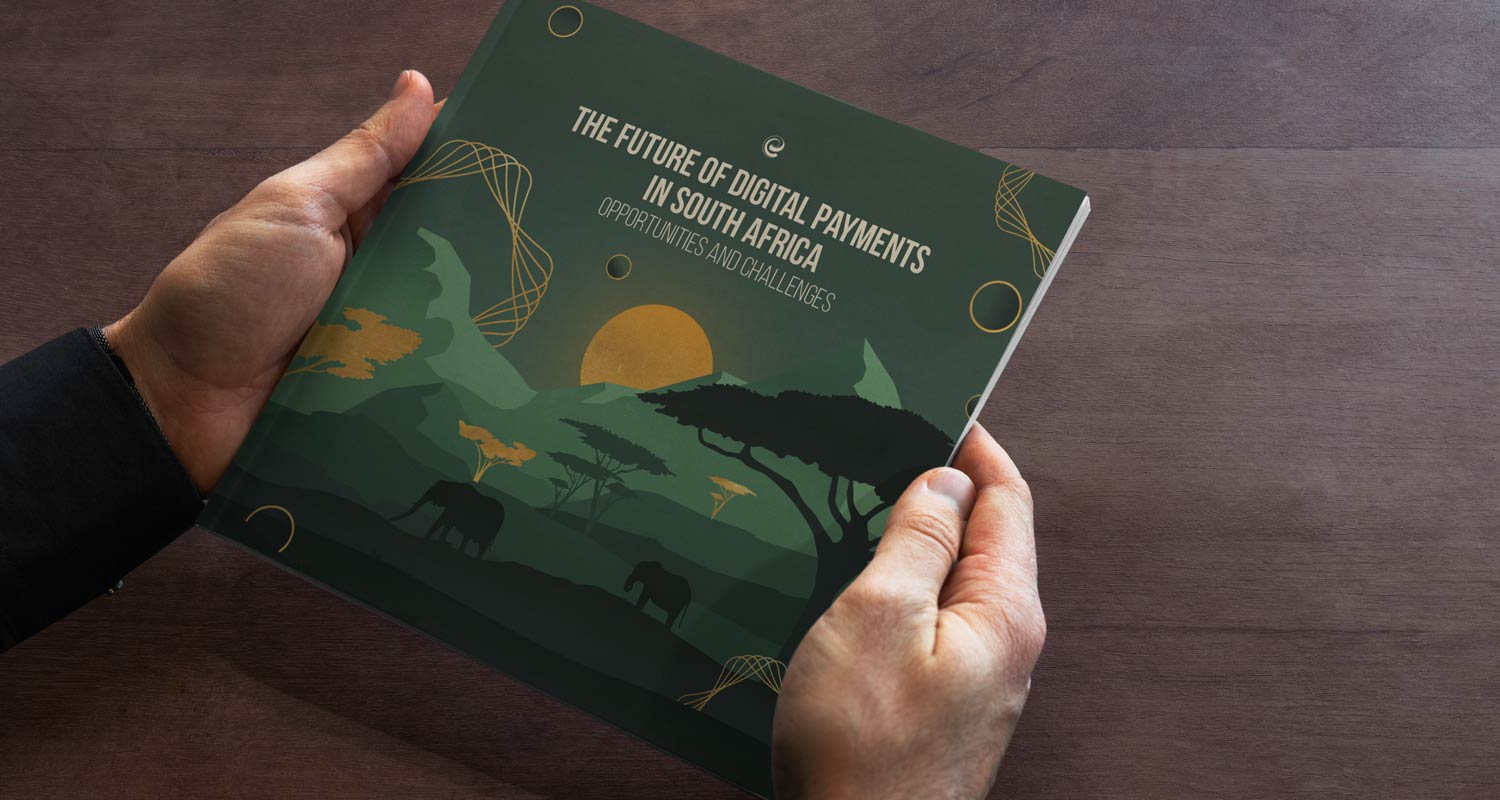 How we think about money and value has evolved over hundreds of years, many innovations, and dynamics in social structures. With the recent emergence of rapid payment programmes, and more specifically, the South African Reserve Bank’s PayShap, traditional financial services have been challenged in the way they think about payments.
How we think about money and value has evolved over hundreds of years, many innovations, and dynamics in social structures. With the recent emergence of rapid payment programmes, and more specifically, the South African Reserve Bank’s PayShap, traditional financial services have been challenged in the way they think about payments.
Entelect has immersed itself in the problem and has spent time considering how this technology has impacted payments and the economy.
From user research, on-the-ground-interviews and workshops with major banks in South Africa, Entelect has gained interesting and rich insight into how the payment landscape will potentially change in the near future.
These findings have now been published in the company’s latest release, The Future of Payments in South Africa: Opportunities and Challenges. The publication explores the evolution of payments and how enterprises can leverage its digital future.
What’s in the publication?
- Money and stores of value: Receiving and spending money has become the norm for everyone. It is a ubiquitous part of living, and something we sometimes do many times a day. Little thought is put towards the myriad of stores of value, transaction types, the inherent trust needed to keep the system working, and the economy cycling effectively.
- Cash and digital payment mechanisms: Various studies and overall cash flow analyses have found that the prevalence of cash has a number of disadvantages for the country’s people, government and economy.
- The case for financial inclusion: Many of the underbanked have formal bank accounts but do not use the full spectrum of offerings and opportunities that come with having a bank account.
- What consumers and merchants need and expect: A customer-centric design places the customer at the centre of the solution. All decisions must deeply consider how to address customer needs, frustrations and motivators if a truly successful solution is to be designed.
- The payment landscape: The payments landscape is made up of a combination of entities which interact with each of these during the payment transaction process. All these entities play specific roles in the payment processing cycle.
- The evolution of digital payments beyond cash: Cash remains king in many economies such as South Africa’s for many reasons, including that it is easy to understand, trusted, convenient and free of transaction fees. There are of course many other systemic issues that fuel corruption, bribery and tax avoidance.
- Rapid payments infrastructure: Around the world, we are seeing the adoption of new payment ecosystems which shift the focus away from innovating for the financially included to addressing the needs of the masses, with the goal of moving away from cash and towards digital.
- Learning from instant payment initiatives globally: There are several considerations when drawing correlations to other countries that are leading the way in solving this issue, such as emerging markets, social economic status, tech infrastructure, tech literacy, social inequality, cultural variances and partnerships (open banking).
- Succeeding with rapid payments programmes: Each country has its nuances and incentives for pursuing a digital cashless economy, however there are some clear parallels to kick-start adoption and maximise the chance of success.
- Creating a strategic approach: Solutions come in a variety of shapes, with their own strengths, constraints and approaches. A solution might entail a mix of digital experiences, technical integrations, business process changes, a change in sales and distribution efforts, marketing tactics and more.
- Piecing the puzzle together: Choosing product-market fit experiments, defining how technology and operations work together, deciding how success is measured and creating an action plan all play their part in creating innovative and competitive solutions.
You can download the publication here, and read more about the challenges and opportunities involved in successfully digitising the economy.
Entelect offers end-to-end technology services and solutions through a set of best-practice, team-based engagement models that help our customers go from good to great.
- This promoted content was paid for by the party concerned




